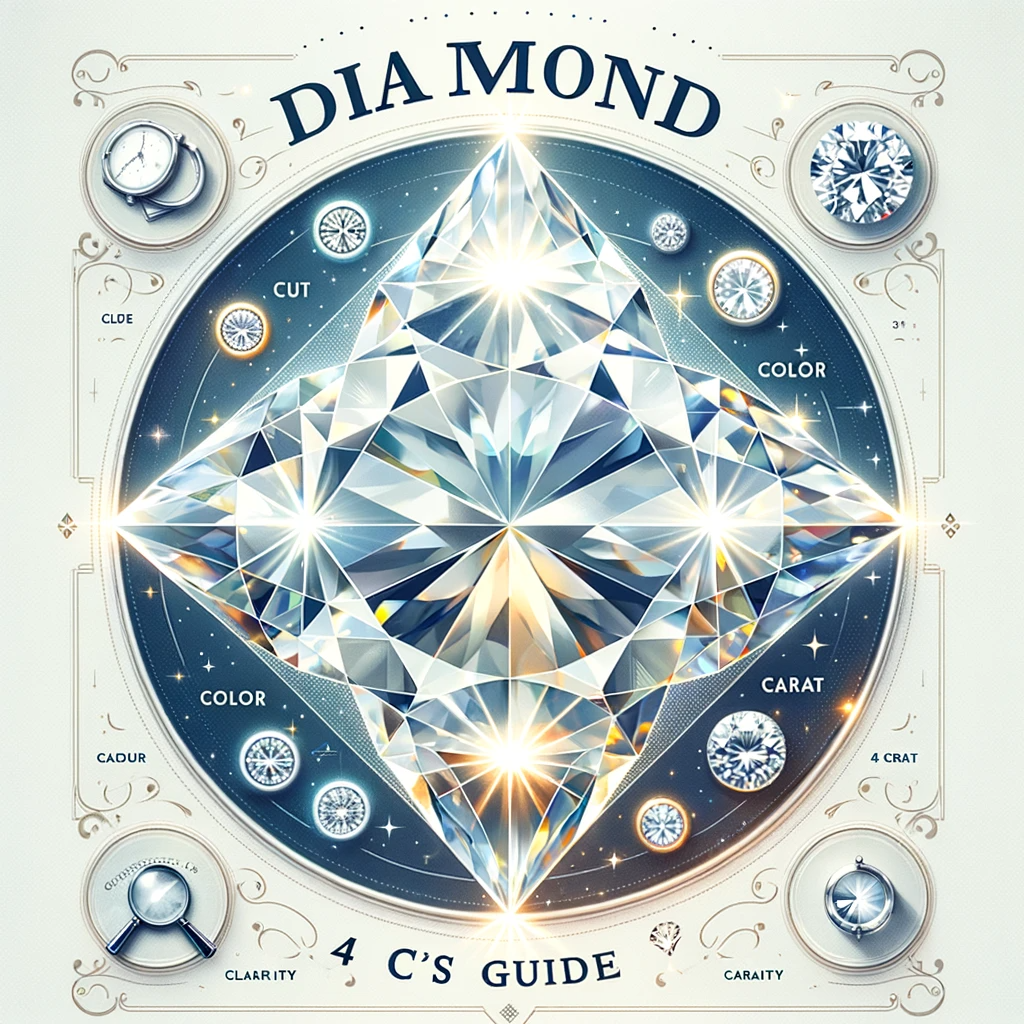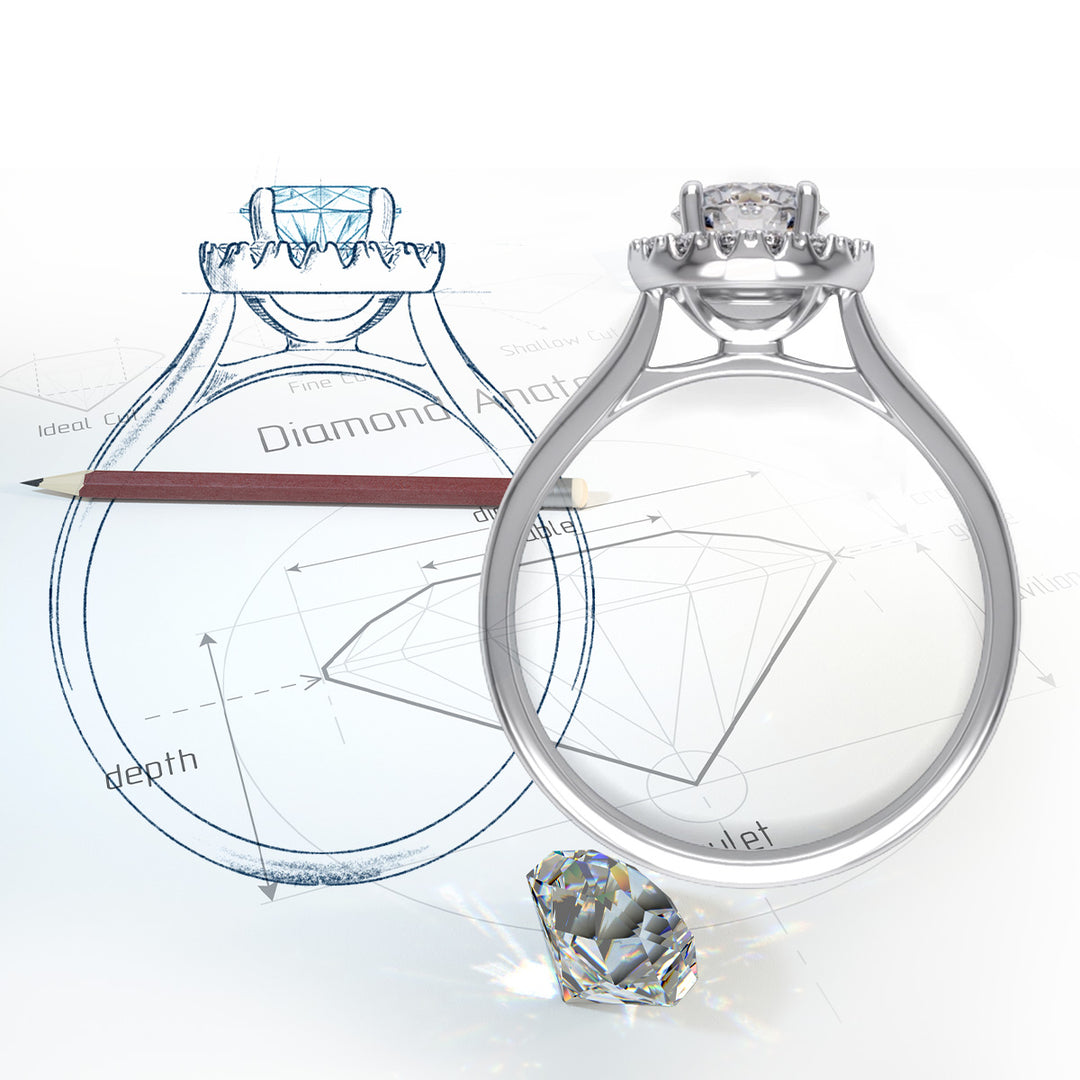Platonic love beyond friendship.

Written as a series of discourses exploring the various concepts of love, the reader is left with the understanding that love goes far beyond physical attraction. In fact, love also exists in intellectual and spiritual forms.
Today we've simplified Plato's perspective. Love based on sexual attraction and physical intimacy is known as romantic love, while love that lacks romantic intent or sexual attraction is understood as platonic love.
Platonic love can come from anywhere, but it's generally used to describe strong friendships. In platonic love, there is no sex, attraction, or romantic commitment. Relationships often occur within the same gender, but heterosexual platonic love is also common. This type of love transcends gender, age, race, and sexual orientation to unite two people.
In platonic love, both partners feel overwhelming gratitude, affection, and interest in one another. These relationships, which often arise from typical friendships, develop into deeper, stronger bonds. People who say they are in platonic relationships frequently talk about their intense longing to be together and their unique ability to remain emotionally and mentally connected despite living in opposite parts of the world or through temporary separations.
If you have a platonic relationship with someone, the situation seems pretty straightforward. You have no intentions of any kind; everything is pretty harmless between people, like friends, purely platonic. In this case, platonic means everything, but nothing that has to do with love and sex, but what about platonic love? Are you a couple or friends?
What is platonic love?
In principle, the term platonic love can be used for any type of romantic relationship that leaves out the erotic level. No sex, no kisses, no desire—but love. Does that sound boring and incomplete? But it isn't! Because what remains is the deepest and most intimate connection that can exist between two people.
What that, in turn, can give us, beyond sexuality and eroticism, for example: courage, hope, strength, self-confidence, intimacy, self-confidence, sensitivity, joy and familiarity just to name a few.
And the fact that maternal love is also a form of love without any sexual attraction should be briefly mentioned at this point for the sake of completeness.
What is the difference between platonic love and friendship?
Platonic love goes deeper than most friendships. In any case, it goes far beyond enjoying time together, liking each other, and trusting each other.
Like true love, one of the hallmarks of platonic love is that it: Survives crises, is unconditional, can forgive, is 100 percent loyal, but it often also provokes fear.
When the person you love platonically ends up hurt, it's like hurting yourself, because platonic love is a kind of soul mate.
Why platonic love and not erotic love?
Consequently, platonic relationships can, of course, also look different. Some are exclusive and provide for both parties, the primary partnership being in their lives, while others coexist with loving relationships such as marriage, sexual partnership, or even a single partner.
What does Plato have to do with platonic love?
Of course, we'd like to cite Plato as a defender or even inventor of Platonic love; after all, the philosopher was a cunning man. But the truth is: during Plato's lifetime, the concept of Platonic love, with which we are familiar, didn't exist for long, because it only developed very slowly after the Renaissance.
Our concept of the form of love that bears his name also has little to do with Plato's philosophy.
It is true that Plato thought and wrote a great deal and intensely about love, but it was precisely eros, that is, physical pleasure, that concerned him greatly.
In any case, he himself never formulated the unique philosophical thesis that would explain why our understanding of Platonic love must bear the philosopher's name. And if he knew that his name is only associated with this unique form of love today, he would probably at least feel misunderstood.
After all: Plato was definitely a big fan of love and even assumed that it could lead us to beauty, truth and knowledge (by which he did not mean orgasm or sexual ecstasy) and you can really leave that as a declaration of love in all its varieties!




















Leave a comment